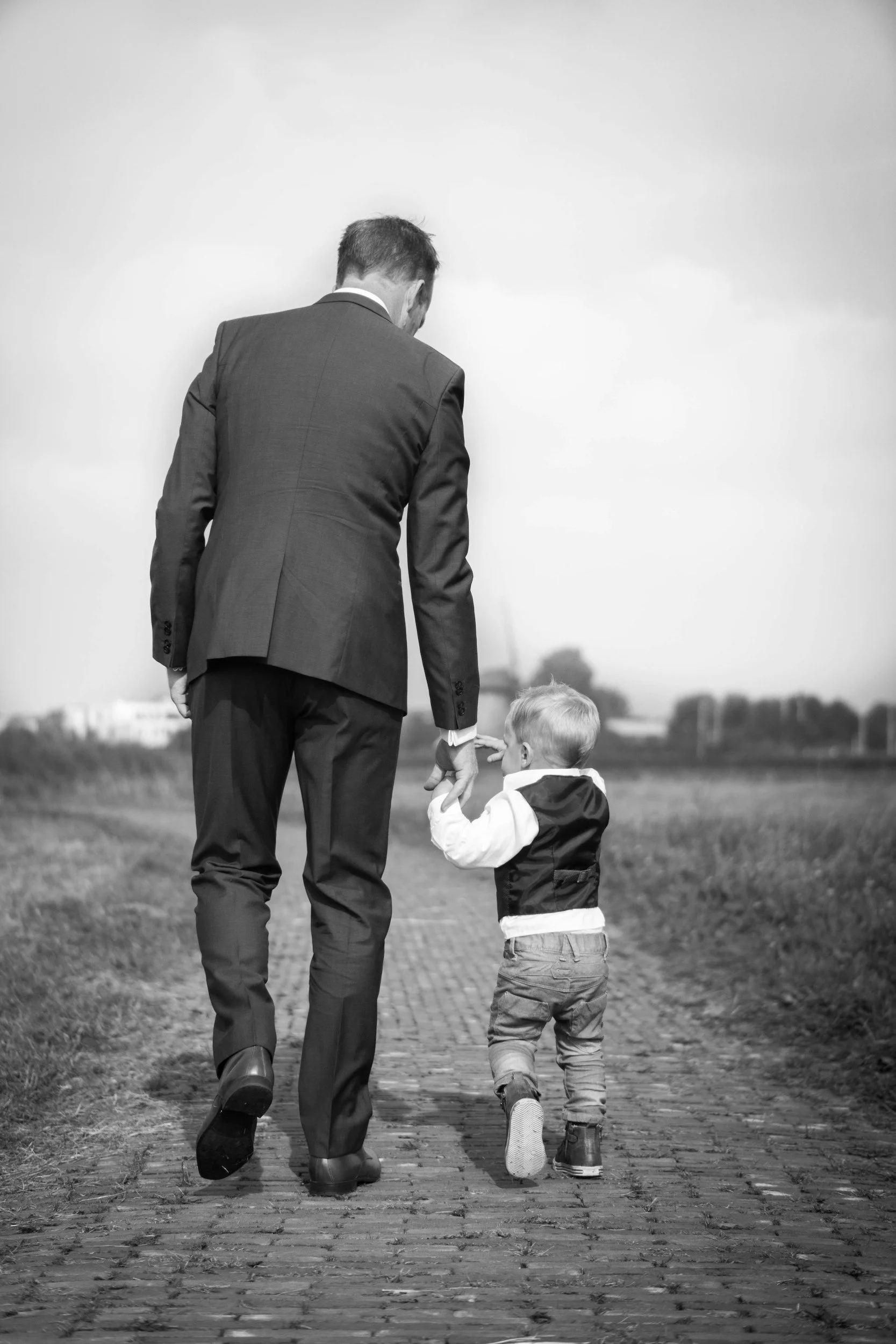Grief Is Praise
Sunday, July 27, 2025. This is for my monkey boy.
When my son died on March 16, 2025, I was at his side. The world didn’t end—but something in me did. Not all at once. Not cleanly.
It was more like tectonic plates shifting beneath the surface, quietly and then catastrophically, until the entire landscape of my life cracked wide open.
People reached out, of course. Friends. Clients. Even strangers. They said things like “I can’t imagine,” or “He’s in a better place,” or “Let me know if you need anything.”
They meant well. But none of it touched the raw truth: I had become a father whose child was no longer alive.
There isn’t a proper word in English for that. We have “widow,” “orphan,” but not this.
Not for a parent who has lost a child. Just a silence. A hole.
And then I came across a line that pierced me straight through:
“Grief is praise, because it is the natural way love honors what it misses.”
—Martin Prechtel
Grief is praise.
Not a flaw. Not a diagnosis. Not a personal failure to “cope.” But praise.
That stopped me in my tracks.
The Death We Don't Know How to Grieve
We live in a culture that mistrusts grief. It tries to manage it, schedule it, mute it.
Get back to work. Stay strong. Be grateful. Smile through the pain.
Modernity turns grief into a pathology and hands you a productivity app. It rewards the well-masked mourner and punishes the one who falls apart too publicly, too long.
But what Martin Prechtel offers—drawing from Tz’utujil Mayan traditions—is something radically different.
He insists that grief is not the opposite of love. Grief is love, evolved. It is what love becomes when it’s been forced to stretch across a chasm of absence.
In Prechtel’s world, grief is not meant to be “gotten over.” It’s meant to be given a place.
Sung to. Danced with. Lamented aloud. It’s not weakness. It’s devotion.
That truth rearranged something in me.
What Grief Taught Me About Love
Since losing my son, I still do all the usual things. I write. I work with my clients in the clinic. I see couples in therapy in my private practice . I take out the trash. I answer emails. I try to pay the bills.
But none of it feels quite the same.
Everything I do now passes through a filter I never asked for.
His absence lingers like the negative space in a sculpture—defining everything that surrounds it.
That grief has considerably softened me. It’s made me less certain. More attuned. Maybe gentler, even.
Now, when a couple sits across from me in therapy and one of them says, “I’m afraid I’m losing her,” or “He doesn’t love me anymore,” I don’t rush in with a glib and tidy intervention like I once did.
Nowadays I tend to hold back more, and I listen more intently..
Because now I know what irreversibility feels like.
And I know how grief reshapes love—into something quieter, deeper, more reverent.
When you’ve lost a marriage, and then a child, you stop pretending that every wound can be healed, even if you are a therapist.
But you also stop pretending that every wound must be hidden. Some hurts are meant to be witnessed. Some silences are sacred. Some love songs only emerge after the lights go out.
The Algorithm Cannot Hold This
Social media doesn’t know what to do with this kind of grief.
Grief gets stylized, aestheticized, edited into 90-second montages with tearful monologues and moody piano music.
And while there is real beauty in digital mourning rituals—tributes, anniversaries, virtual memorials—there is also a flattening.
Grief isn’t designed for the algorithm.
It is too slow. Too deep. Too present.
Prechtel warned us of this.
In his book The Smell of Rain on Dust, he writes that unexpressed grief doesn’t disappear. It ferments. It turns into rage, numbness, depression, even cruelty. A society without room for grief is a society unable to love properly.
But a grieving father? A grieving father is someone who refuses to give up on love. Even after the worst has happened.
Fatherhood After Death
I am still my son’s father.
That role didn’t die with him. It only changed form.
Now I father through memory, through ritual, through speech.
I talk to him when I’m alone. I write things down that I wish he could hear. I notice the world more carefully, as if I’m seeing it with his eyes.
I protect his story.
I guard his place in my family.
I honor his life by refusing to rush past the hole he left behind.
That, too, is praise.
If You Are Grieving
If you’re grieving someone, and the world around you keeps urging you to move on—please don’t be in such a hurry.
Let your grief speak. Let it praise. Let it be your devotion in a world too eager to forget.
Cry if you need to. Rage if you must.
Make art. Make silence. Make beauty out of the brokenness. Your grief is not something to overcome. It is evidence of your love—and of your continued capacity to feel.
As Prechtel writes:
“People who cannot grieve are people who cannot love. If you don’t cry fully, you can’t praise fully.”
So grieve well. Grieve deeply. Grieve without shame. Because to grieve like this is to say:
I loved you so much, I am willing to be undone.
Be Well, Stay Kind, and Godspeed.
